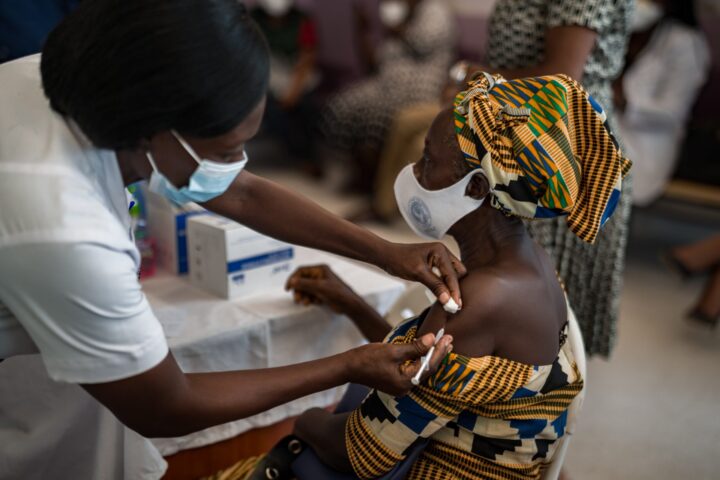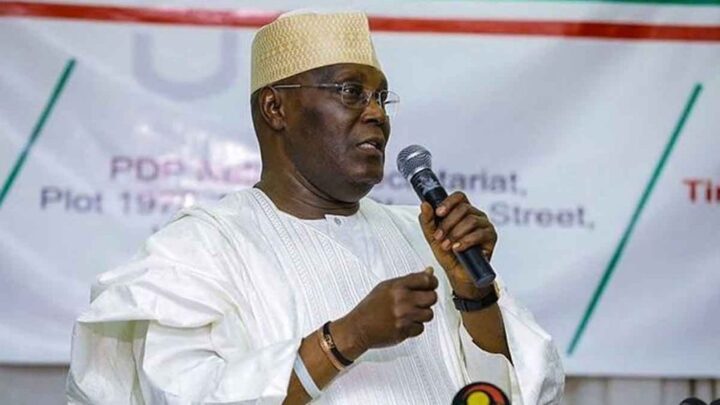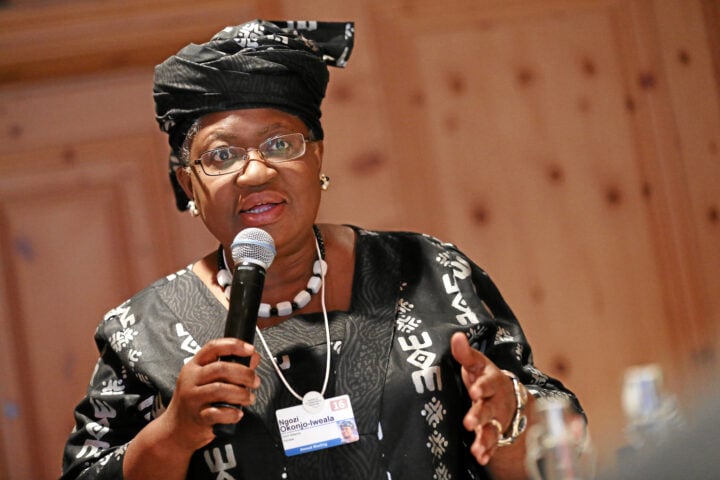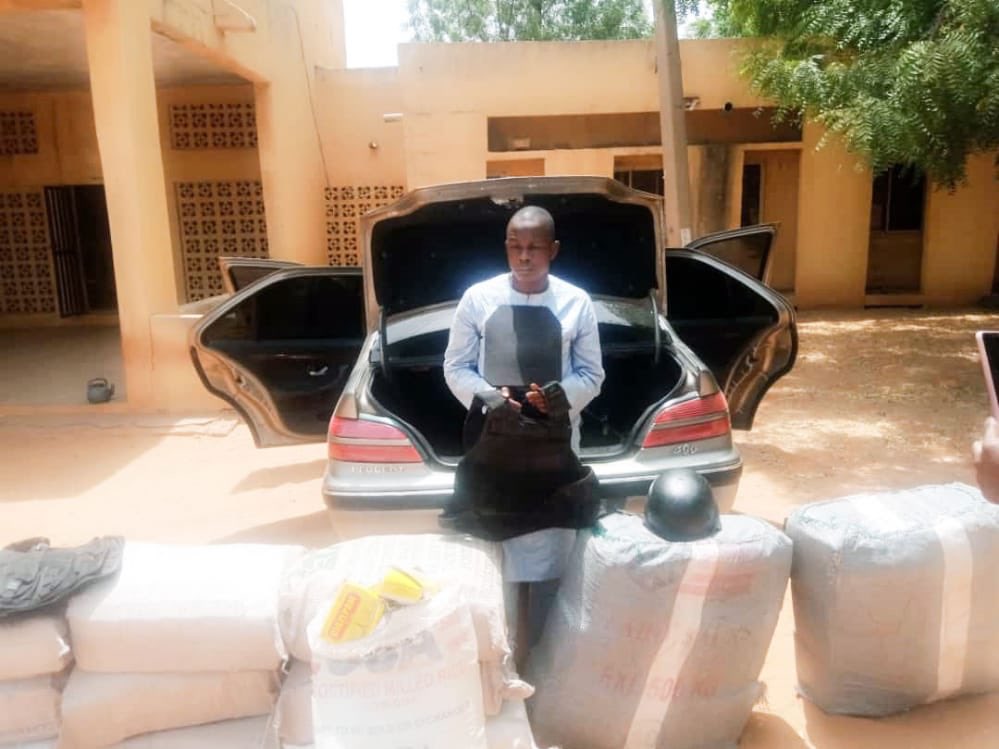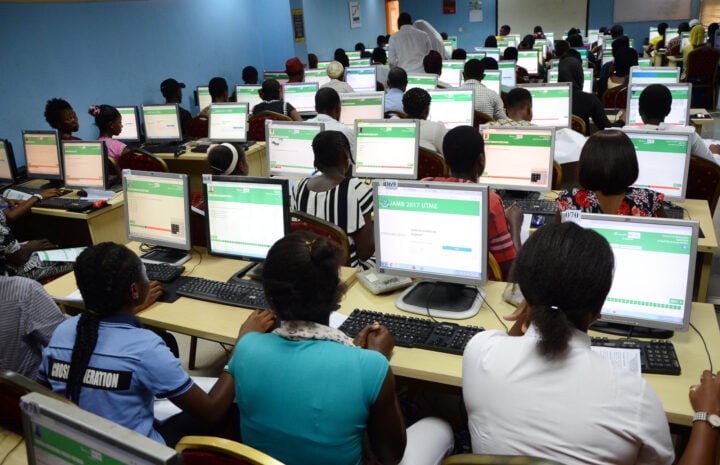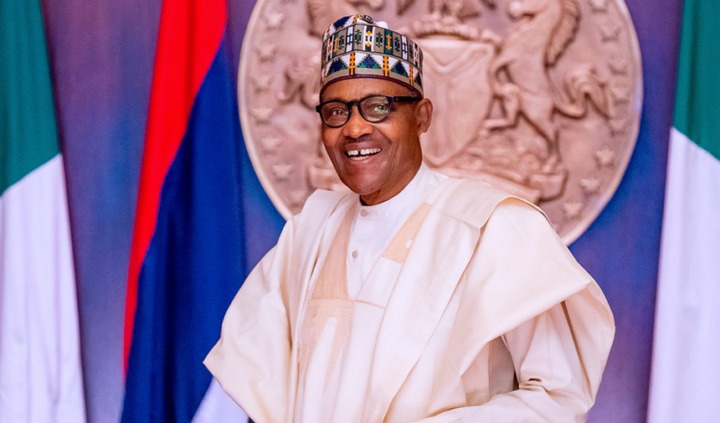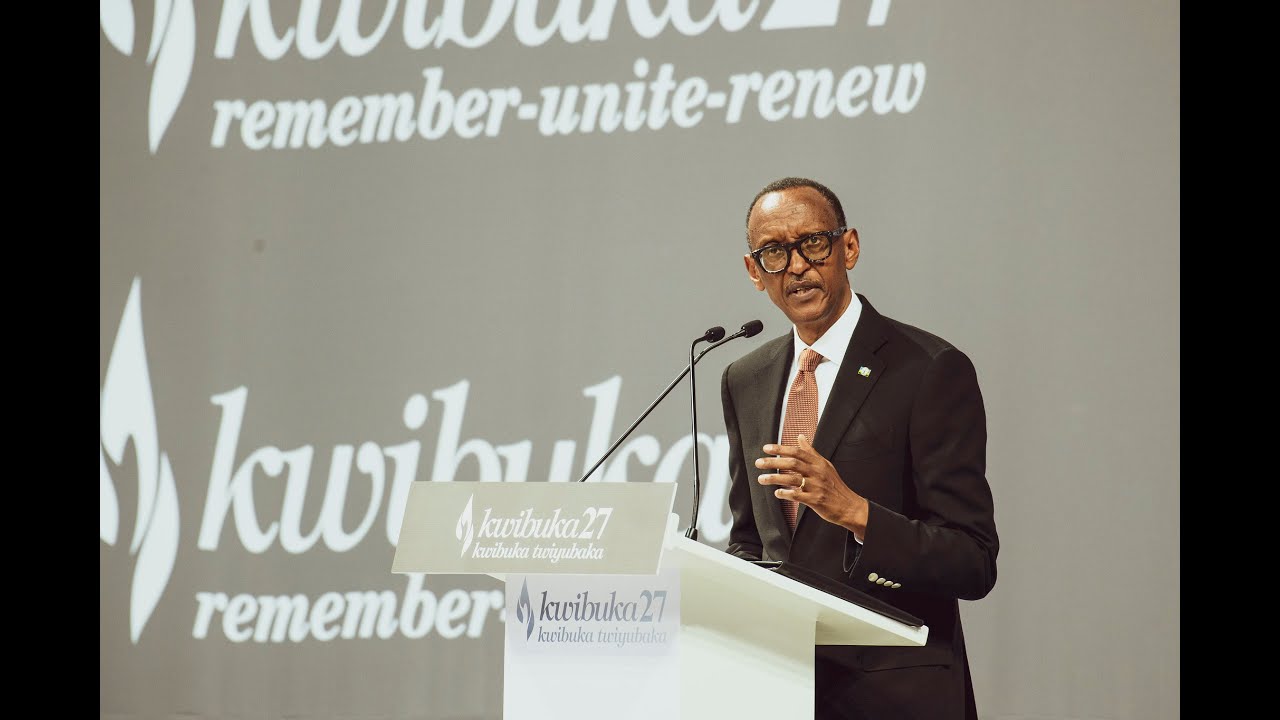Photo: World Health Organisation
The World Health Organisation (WHO) says Africa has received less than two percent of the 690 million doses of COVID-19 vaccines administered across the world.
In a statement on Thursday, the WHO said 45 African countries have received vaccines, but added that the rollout pace around the world is not uniform.
The organisation also pointed out that vaccine rollout preparedness has helped some countries reach a bigger percentage of their target population.
“Less than 2% of the 690 million COVID-19 vaccine doses administered to date globally have been in Africa, where most countries received vaccines only five weeks ago and in small quantities,” the statement reads.
Advertisement
“Forty-five African countries have received vaccines, 43 of them have begun vaccinations and nearly 13 million of the 31.6 million doses delivered so far have been administered. The pace of vaccine rollout is, however, not uniform, with 93% of the doses given in 10 countries.
“Vaccine rollout preparedness, including training of health workers, prelisting priority groups and coordination has helped some countries quickly reach a large proportion of the targeted high-risk population groups such as health workers. The 10 countries that have vaccinated the most have used at least 65% of their supplies.”
Matshidiso Moeti, the WHO regional director for Africa, also said limited supply of the vaccines is affecting distribution in the continent.
Advertisement
“Although progress is being made, many African countries have barely moved beyond the starting line. Limited stocks and supply bottlenecks are putting COVID-19 vaccines out of reach of many people in this region,” Moeti said.
“Fair access to vaccines must be a reality if we are to collectively make a dent on this pandemic.”
The organisation also noted that operational and logistical issues are preventing the effective rollout of the vaccine in African countries.
It, however, added that it would assist countries in tackling these problems.
Advertisement
“Once delivered, vaccine rollout in some countries has been delayed by operational and financial hurdles or logistical difficulties such as reaching remote locations. WHO is supporting countries to tackle the challenges by reinforcing planning and coordination, advocating more financial resources as well as setting up effective communications strategies to address vaccine hesitancy and misinformation,” it added.
